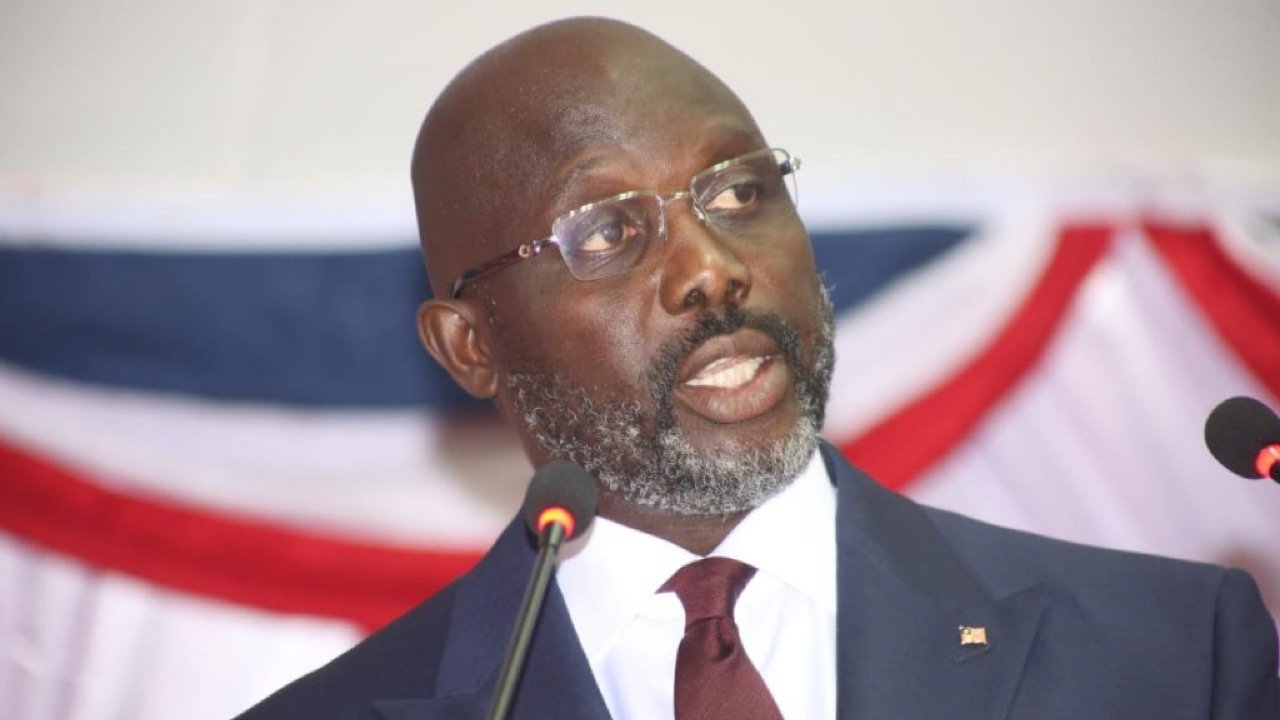Liberia: President Weah highlights ADEA’s contribution to youth skills development for the oil palm industry


On 28th January 2019, in the Joint Chambers of the Capitol Building, Dr. George Manneh Weah, President of the Republic of Liberia, stressed in his annual message to the 54th National Legislature the significant contribution of the Association for the Development of Education in Africa (ADEA) to youth skills development for the oil palm industry in his country. This contribution was through ADEA’s Task Force on Education Management and Policy Support (TFEMPS1).
Referring to Technical Vocational Skills Development (TVSD) for the young people, which remains a high priority for his government and mentioning ADEA’s work in Liberia, President Weah said:
“ADEA’s Working Group on Education Management and Policy Support, has a five-year project for the development of the oil palm industry in Liberia, with emphasis in nursery development. Thirty (30) young Liberians from the western region of the country are to benefit from the three-month intensive training in nursery development for the pilot phase of the project to be carried out in Klay Agriculture Vocational Training Center in Bomi County.”
Liberia is a youthful country with 36.9% of the total population of 3,476,608 between the ages of 15 and 35 years2. This significant youth bulge has a significant impact on the education and training system as well as job creation. One of the key economic sectors with a huge potential for wealth and job creation through the process of value addition and product diversification is the oil palm Industry. The oil palm sector is projected to generate about 156,000 direct and indirect jobs by 20303. Addressing the skills gap in the oil palm industry in Liberia is a long-term process, hence the five-year duration of this project.
Recognizing this potential for economic development and youth employment, the Government of Liberia requested ADEA in 2015 to conduct a value chain analysis of the oil palm sector with reference to the workforce skills requirements. The Working Group on Education Management and Policy Support undertook the study, in collaboration with the Ministry of Education, which it completed in 2017 and produced a comprehensive report and policy note, thanks to the financial support received from the United States Agency for International Development (USAID). About 40 participants, including representatives from major oil palm companies, key ministries, Technical and Vocational Education and Training (TVET) institutions, and local technical and financial partners in education attended the validation meeting hold in February 2017.
The Ministry of Education and ADEA developed a pilot project, as an initial phase, in 2018. The pilot project covered TVET skills associated with farm-level production operations, including nursery development, planting, cultivating and harvesting. A total of 30 young women and men successfully completed the training. ADEA and the Ministry now envisage scaling up the pilot phase and laying the ground for the subsequent phases of the project in the coming years.
1 Former Working Group on Education Management and Policy Support (WGEMPS)
2 Source: Government of Liberia, 2008 National Population and Housing Census
3 Source: Africa Governance Initiative estimates based on analysis of national export strategy, trade data, industrial data, agricultural data and reports